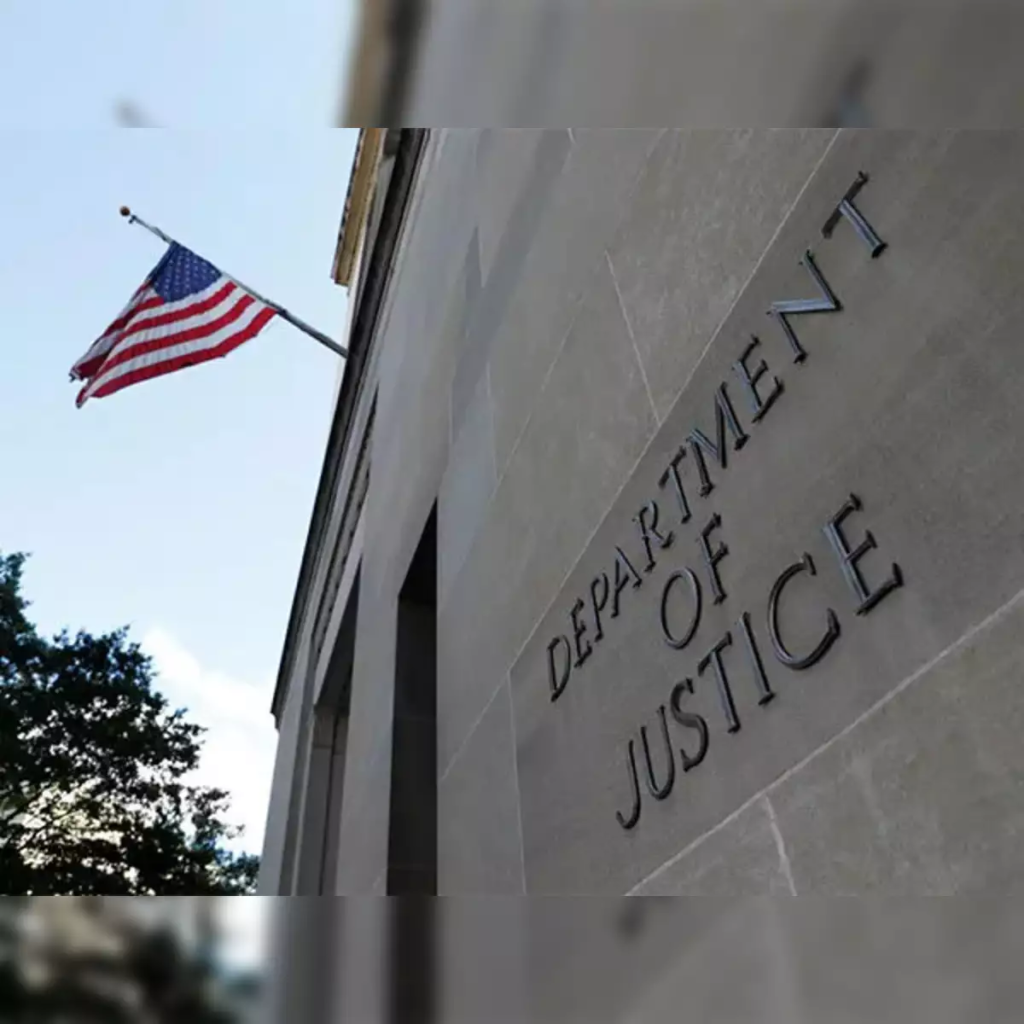On September 7, 2024, Muhammad Shahzeb Khan, a 20-year-old Pakistani national residing in Canada, was arrested for allegedly conspiring to carry out a terrorist attack in New York City. This arrest marks a significant intervention by law enforcement agencies to prevent a potential tragedy targeting Jewish communities. The case underscores the global efforts to combat terrorism and highlights the intricate operations of extremist networks.

Arrest and Charges: A Detailed Overview
Muhammad Shahzeb Khan’s arrest comes amid heightened concerns about terrorism and extremist activities. Khan, who had been living in Canada, was charged by the U.S. Department of Justice with attempting to provide material support to the Islamic State of Iraq and al-Sham (ISIS). This charge is severe, with the possibility of a 20-year prison sentence if Khan is convicted.
Attorney General Merrick B. Garland has described the gravity of the charges, noting that Khan’s alleged intent was to execute an attack on behalf of ISIS, with the aim of killing as many Jewish individuals as possible. Garland’s statement emphasizes the threat posed by extremist ideologies and the critical role of law enforcement in countering these threats.
Details of the Alleged Plot: From Planning to Execution
The complaint against Khan outlines a disturbing sequence of events. Starting in November 2023, Khan is accused of making extensive preparations for the attack. He allegedly engaged in communications with undercover law enforcement officers and disseminated ISIS propaganda on social media platforms.
Khan’s plan included traveling from Canada to New York City with the intent to execute a mass shooting at a Jewish community center in Brooklyn. The attack was reportedly scheduled for October 7 and October 11, aligning with significant dates such as the anniversary of a Hamas attack and Yom Kippur. This timing was strategically chosen to maximize the impact of the attack and align with extremist goals.
The FBI’s investigation, led by Director Christopher Wray, played a crucial role in uncovering and preventing Khan’s plot. Wray commended the FBI team for their diligence and effectiveness in thwarting this potential act of violence.
International and Domestic Reactions
Khan’s arrest has elicited strong reactions from both international and domestic communities. The Canadian and U.S. governments have expressed their condemnation of the plot and reaffirmed their commitment to combating terrorism. The cooperation between Canadian and U.S. authorities highlights the importance of cross-border collaboration in addressing global threats.
In the United States, the arrest has prompted discussions about the ongoing challenges in counterterrorism. The effectiveness of current measures and the need for continued vigilance have been emphasized by various stakeholders. The successful prevention of Khan’s plot has been seen as a testament to the capability and readiness of law enforcement agencies.
Legal Proceedings and Potential Penalties
Khan’s case will be handled by a federal district court, where a judge will determine the appropriate sentencing. If convicted, Khan faces a maximum of 20 years in prison. The legal proceedings will involve a thorough examination of evidence and adherence to U.S. Sentencing Guidelines.
The seriousness of the charges against Khan reflects the gravity of his alleged actions and the potential impact on public safety. The court’s decision will be closely watched by both legal experts and the public.
Timeline of Events
- November 2023: Khan begins planning the attack, posting ISIS propaganda and engaging with undercover law enforcement.
- September 7, 2024: Khan is arrested in Canada for attempting to support ISIS in planning a terrorist attack in New York City.
- October 7 and October 11, 2024: Key dates identified by Khan for the planned attack, linked to significant anniversaries.
Expert Opinions
Several experts have commented on the case, highlighting the significance of the arrest and its implications:
- Christopher Wray, FBI Director, praised the FBI’s team for their role in preventing the attack and emphasized the agency’s commitment to counterterrorism.
- Merrick B. Garland, U.S. Attorney General, highlighted the serious nature of the charges and the potential threat posed by Khan’s alleged actions.
Conclusion
The arrest of Muhammad Shahzeb Khan represents a critical intervention in the fight against terrorism. His alleged plot to attack New York City underscores the persistent threat posed by extremist groups and the importance of effective law enforcement. The collaboration between Canadian and U.S. authorities in addressing this threat demonstrates a unified approach to counterterrorism and public safety.
For Regular News and Updates Follow – Sentinel eGazette
FAQs:
- What led to Muhammad Shahzeb Khan’s arrest?
- Muhammad Shahzeb Khan was arrested for allegedly plotting a terrorist attack in New York City in support of ISIS. He was charged with attempting to provide material support to the terrorist organization.
- How did law enforcement become aware of Khan’s plans?
- Law enforcement became aware of Khan’s plans through his communications with undercover officers and his social media activity promoting ISIS propaganda.
- What are the implications of Khan’s arrest for international counterterrorism efforts?
- Khan’s arrest highlights the effectiveness of international collaboration in counterterrorism efforts, demonstrating how coordinated actions can prevent potential threats and enhance global security.
- What potential penalties does Khan face if convicted?
- If convicted, Khan faces a maximum penalty of 20 years in prison, as per the charges related to providing material support to ISIS.
- How does this case impact the relationship between Canada and the United States?
- The case underscores the importance of cross-border cooperation in counterterrorism, strengthening the collaborative efforts between Canada and the United States in addressing global security threats.